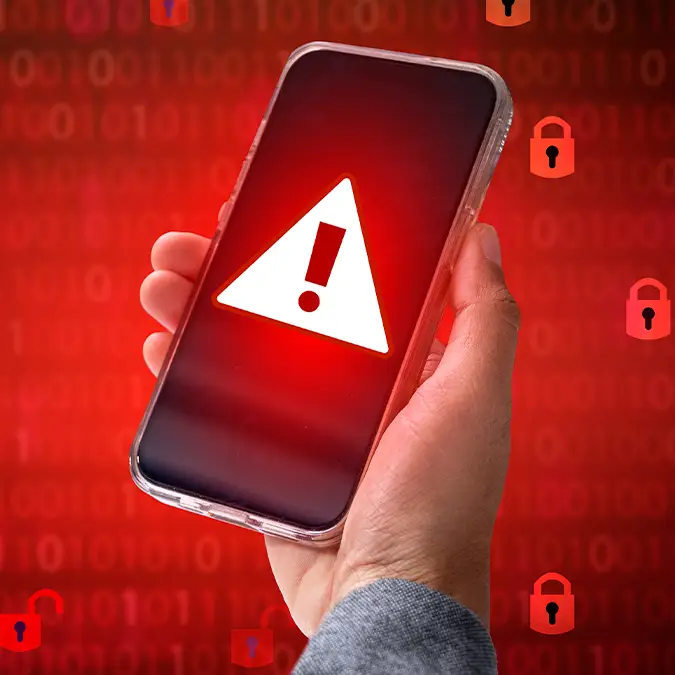
The FBI has sent an urgent alert to 150 million iPhone users, advising them to delete specific text messages.
A fresh wave of cybersecurity threats is hitting US smartphones this week.
Your smartphone may be the target of an ongoing attack that's coming by way of text messages, asking you to pay outstanding bills or fines.

Advert
Thankfully, the dead giveaway is the sense of urgency the dodgy messages create. Phishing and scam messages like these tend to have serious consequences if you don't act immediately.
These text messages claim you owe money for things like unpaid tolls or recent DMV traffic violations, with added links to 'pay' these bogus fines.
Moreover, the fake bills are expanding beyond traffic-related charges to include messages that look like they're from your bank or credit card company.
Against this backdrop, the US federal services are specifically warning iPhone users to delete any DMV-related texts as soon as they show up.
While there's no danger from texts sitting unopened on your phone, knowing these messages come from cybercriminals and contain malicious links, the FBI strongly recommends just getting rid of them entirely. Bear in mind, this warning applies to Android users just as much as Apple users.
The malicious texts are coming from organised Chinese criminal gangs operating outside the reach of US law enforcement.
To pull off the act, they're using thousands of phone numbers from different countries and web domains.
Security researchers at Check Point warn that 'attribution is tentative but compelling.'

They said: "The use of Chinese SOA contacts, Chinese DNS providers, Chinese-language comments in source code, and uniform hosting behavior all point toward a threat actor operating out of China.
"The infrastructure aligns with known patterns of low-cost, high-volume phishing-as-a-service operations often advertised on Chinese-language cybercrime forums.”
Even with network filtering and spam detection built into iOS and Android, dodgy messages still find their way through.
Google has rolled out new AI-powered scam detection on its devices that is set to provide an 'additional layer of defense against online scams.'
While this attack hits all smartphone users equally, there are some iPhone particulars worth noting. The criminal organisations seem to prefer iMessage over regular SMS, though they're also fond of RCS messaging.
The texts often include sneaky instructions like "Please reply with 'Y'" specifically designed to bypass the iPhone's link-blocking feature for unknown senders. Whether you've got an iPhone or Android in your pocket, the rule is the same: never click on any of the links they contain.